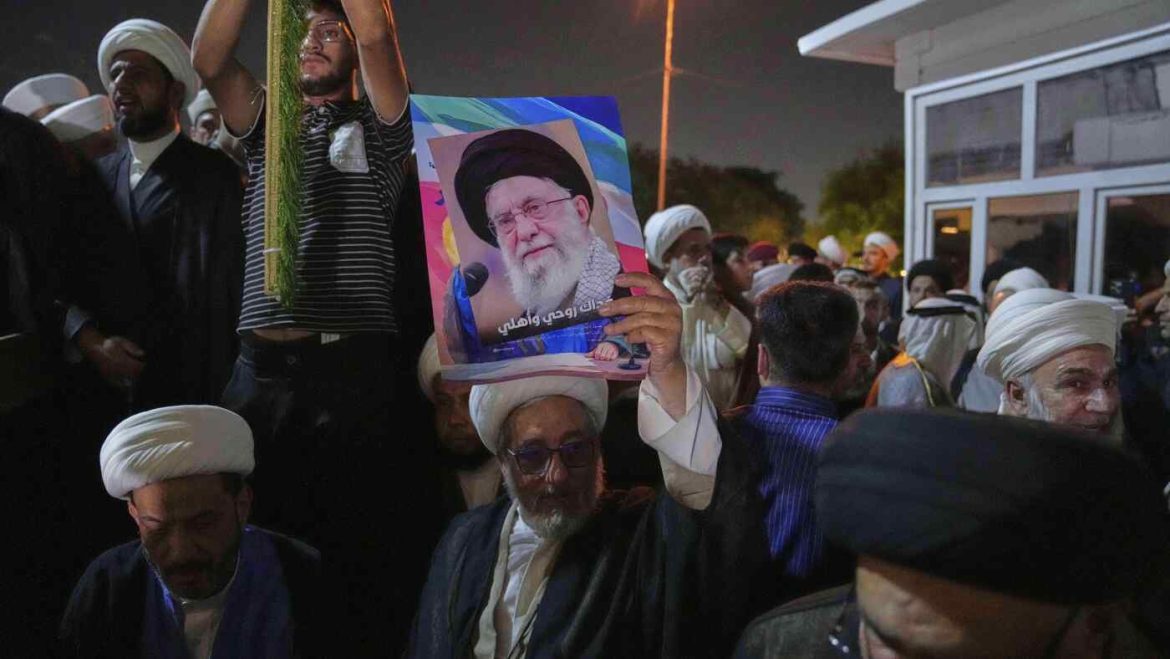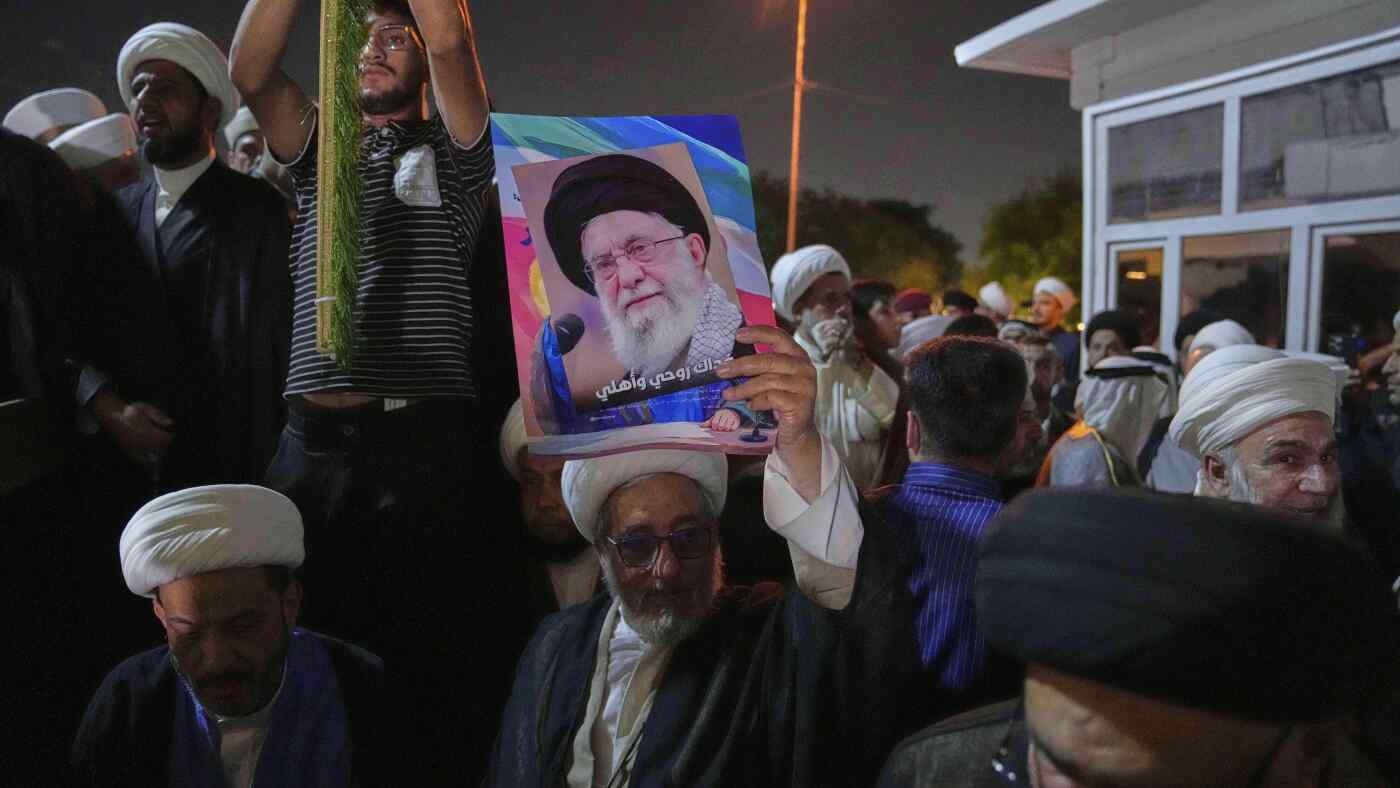A Delicate Dance: European Diplomacy and the Escalating Israel-Iran Conflict
The recent escalation of conflict between Israel and Iran has spurred a flurry of diplomatic activity, with European nations taking a leading role in seeking a de-escalation. The core of this effort materialized in Geneva on Friday, as foreign ministers from the United Kingdom, France, and Germany convened with their Iranian counterpart. This meeting represents the most significant direct engagement between Western governments and Iran since Israel’s offensive began a week prior, signaling a concerted attempt to navigate a precarious situation.
The Context: A Region on Edge
The impetus for these talks is rooted in the rapidly deteriorating security landscape in the Middle East. Israel’s recent actions against Iranian targets, widely believed to be a response to Iran’s retaliatory missile and drone attacks, have heightened fears of a wider regional war. Simultaneously, the United States’ position remains complex, with ongoing deliberations regarding its potential involvement. This uncertainty creates a diplomatic vacuum that European nations are actively attempting to fill. The situation is further complicated by Iran’s stated unwillingness to discuss its nuclear program while under attack, adding another layer of difficulty to potential negotiations.
The Focus: Nuclear Concerns and De-escalation
The primary objective of the European delegation – comprised of representatives from the UK, France, and Germany – is twofold. Firstly, they are urging Iran to return to negotiations regarding its nuclear program. The original Joint Comprehensive Plan of Action (JCPOA), brokered in 2013 and later abandoned by the United States under the Trump administration, aimed to curb Iran’s nuclear ambitions in exchange for sanctions relief. Reviving this agreement, or establishing a comparable framework, remains a key priority for European powers, who view a nuclear-armed Iran as a significant threat to regional and global stability.
Secondly, and perhaps more urgently, the talks are focused on de-escalating the current conflict. European leaders are seeking assurances from Iran that its actions will not further inflame tensions and potentially trigger a broader war. They are attempting to open a “window for diplomacy,” recognizing the limited timeframe for preventing a catastrophic escalation. The coordination with the United States, as noted by a German source, underscores the importance of a unified Western approach, even amidst differing perspectives on the appropriate course of action.
A History of Engagement: Geneva as a Symbolic Location
The choice of Geneva as the meeting location is not accidental. It holds historical significance as the site where the initial accord on curbing Iran’s nuclear program was reached in 2013. This symbolic resonance is intended to evoke a sense of continuity and possibility, reminding all parties of the potential for negotiated solutions. The location implicitly acknowledges past successes, even as it confronts the daunting challenges of the present.
Iran’s Position: Resistance and Red Lines
While European leaders are actively pursuing a diplomatic path, Iran has signaled a degree of resistance. Reports indicate that Iranian officials have stated they will not engage in discussions about the future of their nuclear program while under military pressure from Israel. This position reflects Iran’s determination to defend its sovereignty and its unwillingness to negotiate from a position of perceived weakness. Furthermore, Iran’s recent actions, including the launch of missiles and drones towards Israel, demonstrate a willingness to retaliate against perceived provocations, complicating the diplomatic efforts.
The US Factor: A Complex Dynamic
The role of the United States adds another layer of complexity to the situation. While the European talks are taking place in coordination with the US, President Trump’s potential responses to the conflict remain uncertain. The contrast between Europe’s emphasis on diplomacy and the possibility of US military intervention highlights a divergence in strategic approaches. This dynamic underscores the importance of clear communication and coordination between Washington and its European allies to avoid unintended consequences. The US is simultaneously considering its own course of action, potentially including strikes against Iranian targets, which could undermine the European diplomatic initiative.
A Narrowing Window: The Urgency of Dialogue
The situation is characterized by a rapidly narrowing window for diplomatic intervention. The continued exchange of fire between Israel and Iran, coupled with the potential for miscalculation or escalation, creates a volatile environment. European leaders recognize the urgency of the situation and are attempting to leverage their diplomatic influence to prevent a full-scale regional war. The success of these efforts hinges on the willingness of all parties to engage in constructive dialogue, exercise restraint, and prioritize de-escalation.
The Path Forward: A Fragile Hope
The Geneva talks represent a crucial, albeit fragile, opportunity to avert a wider conflict. While significant obstacles remain, the willingness of European and Iranian diplomats to meet face-to-face is a positive sign. The immediate focus will likely be on establishing clear communication channels, reducing the risk of further escalation, and exploring potential pathways for a return to nuclear negotiations. The outcome of these talks will have profound implications for the future of the Middle East and the broader international order. The delicate dance of diplomacy continues, with the hope of steering the region away from the brink of war.


